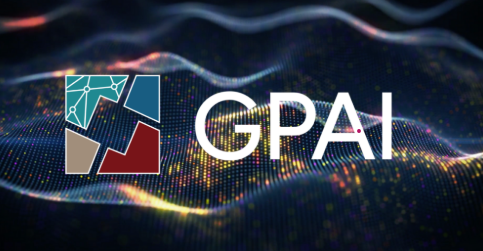AI in Government: Issues > Civic engagement & open government
AI is opening new channels for how citizens engage with government — helping to improve transparency, participation, public communication and accessibility. From analysing public input to facilitating inclusive dialogue and assisting with real-time information services, AI can help scale and strengthen civic engagement. While adoption remains early-stage, governments are exploring AI’s potential to enhance democratic […]
AI is opening new channels for how citizens engage with government — helping to improve transparency, participation, public communication and accessibility. From analysing public input to facilitating inclusive dialogue and assisting with real-time information services, AI can help scale and strengthen civic engagement. While adoption remains early-stage, governments are exploring AI’s potential to enhance democratic governance — if deployed transparently, inclusively and responsibly.
The current state of play
Governments are beginning to use AI across multiple dimensions of civic participation and open government:
- Improving transparency and information access. AI tools summarise, translate and personalise public information. Applications include document search tools, voice-to-text platforms and AI-powered open data services that help users navigate public records.
- Making participatory processes effective and inclusive. AI assists with real-time facilitation, moderating discussions and summarising citizen input. It can help detect harmful content, translate inputs, generate accessible summaries and analyse sentiment in large-scale consultations.
- Supporting effective and tailored public communications. Governments are deploying AI to monitor audience feedback, generate tailored communications, and help citizens navigate information through virtual assistants and multilingual chatbots.
- Strengthening electoral processes. AI is also being applied to support elections — from improving voter roll accuracy and campaign monitoring to enhancing accessibility and post-election audits.
Examples from practice
- France: Scaling the analysis of citizen input through AI in the Grand Débat. In 2019, AI tools were used to analyse millions of contributions submitted during France’s Grand Débat National. Algorithms helped group inputs by theme, making citizen insights accessible for policymakers and the public.
- Greece: Making local governance more accessible. The opencouncil.gr platform uses AI to transcribe and summarise council meetings and deliver neighbourhood-specific updates to citizens via messaging apps.
- European Union: enabling multi-lingual online participation. The online platform of the Conference on the Future of Europe in 2021-2022 used the European Commission tool eTranslation to allow participants to read, comment, and submit proposals in the 24 official languages of the EU.
- United Kingdom: Analysing consultations at scale. The UK’s i.AI Consultation Analyser supports legal consultations by using NLP to process public inputs. The tool is expected to save GBP 80 million by reducing manual workload, increasing responsiveness, and improving the quality of the analysis.
- Finland: Visualising citizen ideas with generative AI. Helsinki used UrbanistAI to let residents co-design pedestrian spaces. The platform translated citizen ideas into realistic street visuals, making participation more concrete and accessible.
- Colombia: Supporting citizen services with chatbots. Bogotá’s “Chatico” virtual assistant provides real-time information to residents about services and participation opportunities — including via WhatsApp to increase reach.
Untapped potential and the way forward
AI can make civic engagement more inclusive, continuous and responsive by expanding participation and reducing barriers like cost and language. To realise this potential, governments should involve civil society in shaping AI strategies for democratic use. Transparent design, public oversight and multilingual inclusion are key to using AI to strengthen trust and support more participatory governance.
Learn more
Review a detailed section on AI in civic participation and open government here:
Other relevant OECD work:























